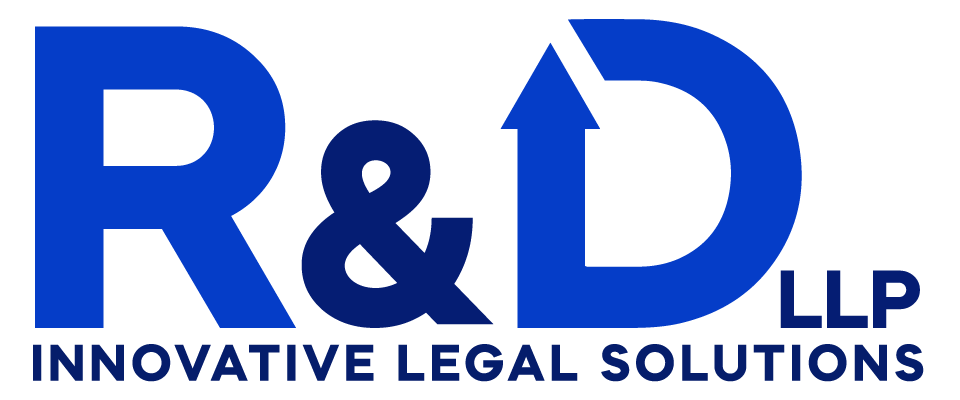
12 May Share vs. Asset Sales: Structuring Private M&A Deals the Right Way
Learn the key differences between share sales and asset sales in private M&A deals—legal, tax, and risk factors for buyers and sellers.
For owners of privately held businesses in Ontario, the decision to sell—whether to a competitor, private equity group, or internal successor—is often the culmination of years of growth, planning, and risk-taking. Once that decision is made, one of the most critical legal and tax considerations becomes the deal structure: a share sale or an asset sale.
While both structures can achieve a successful ownership transition, they differ meaningfully in their legal mechanics, tax consequences, and implications for risk, employees, and deal complexity. Understanding these distinctions is essential—not just for sellers and buyers, but also for the accountants, financial advisors, and bankers supporting them.
1. Legal Structure: Entity vs. Business
In a share sale, the buyer acquires the issued shares of the corporation directly from its shareholders. The corporation continues to operate as the same legal entity—with all of its assets, contracts, employees, and liabilities—now under new ownership.
In an asset sale, the buyer acquires specific assets (and potentially assumes specific liabilities) from the corporation, leaving the original corporate shell with the seller. Commonly acquired assets include goodwill, equipment, inventory, and intellectual property. Each asset and liability must be negotiated and documented.
For this reason, asset deals are more common in distressed sales, carve-outs, or where the buyer wishes to avoid legacy risks.
2. Risk and Liability Allocation
Buyers typically favour asset purchases because they provide greater control over the liabilities being assumed. Pre-existing obligations—such as CRA audits, litigation, or long-term contracts—can be left behind with the seller.
Sellers, by contrast, often prefer share sales, which enable a cleaner break. By transferring the entire corporation, the seller shifts most known and unknown liabilities to the buyer—subject to negotiated indemnities. However, risk does not disappear entirely in a share sale deal. Most transactions involve representations, warranties, indemnities, and often escrow or holdback arrangements to address post-closing exposure of the parties.
3. Tax Considerations: The Deal Within the Deal
Tax efficiency is often a key driver in deal structuring—and the outcomes can vary widely.
For Sellers: In a share sale, Canadian-resident individuals may be eligible for the Lifetime Capital Gains Exemption (LCGE) on qualifying shares of a Canadian-controlled private corporation (CCPC), potentially sheltering up to ~$1,250,000 in capital gains. This can dramatically improve after-tax proceeds compared to an asset sale.
In contrast, asset sales usually trigger tax at the corporate level on recaptured depreciation and capital gains, followed by a second layer of tax when proceeds are distributed to shareholders. This “double tax” can erode value unless mitigated through post-closing tax planning.
For Buyers: Asset purchases allow for a “step-up” in the tax cost of acquired depreciable assets, increasing capital cost allowance (CCA) deductions post-closing. Share sales, on the other hand, generally preserve the existing (often lower) tax basis of corporate assets.
These competing interests often shape pricing negotiations. For example, a seller seeking a share sale may need to offer a discount to offset the buyer’s less favourable tax position.
4. Contracts, Consents, and Employees
In an asset sale, contracts with third parties—such as supplier agreements, leases, and licenses—do not automatically transfer. Each must be assigned, often requiring third-party consents. This can significantly complicate closing for businesses with extensive commercial relationships or regulated assets.
In a share sale, the corporation remains party to all contracts, so no assignments are generally required. However, certain agreements may include change of control provisions, which can still trigger reviews or termination rights.
Employee treatment also differs. Asset deals require new employment offers, and while prior service is often deemed continuous by statute, issues such as bonuses and termination obligations must be addressed. Share sales, by contrast, preserve existing employment relationships and reduce severance risk.
5. Diligence and Transaction Complexity
Asset deals often require more detailed documentation: each asset must be transferred via bill of sale, deed, or assignment. Registrations under the PPSA or for intellectual property must be updated, and title searches performed. This can be administratively intensive, especially where licenses or permits are involved.
Share deals generally involve broader due diligence—reviewing tax filings, corporate records, litigation, and financial history—but the transfer process is generally simpler. That said, because the buyer inherits the company’s full history, diligence is typically more rigorous and often paired with robust post-closing protections.
6. Financial and Strategic Considerations
Deal structure should also reflect strategic priorities:
- A strategic buyer looking to preserve brand, culture, and operations may prefer a share sale for continuity.
- A financial buyer (e.g., private equity) may lean toward asset deals to isolate risk and clean up the balance sheet.
For sellers, minimizing tax, accelerating closing, and limiting personal liability often make share sales more attractive—if the business and records are in good order.
7. Pre-Sale Planning and Professional Advice
Sellers should work with a corporate lawyer and accountant well before a sale to determine whether a pre-sale reorganization—such as a family trust freeze or holding company—can multiply LCGE access across family members.
Buyers should engage legal and tax advisors early to structure their acquisition vehicle and coordinate financing—whether through debt, investor equity, or shareholder loans. These choices affect deal terms, tax treatment, and post-closing integration.
Final Thoughts
For entrepreneurs contemplating a sale—and for the professionals advising them—it’s essential to begin planning early and to select the right team.
Not all companies qualify for the LCGE. Not all deals can or should be structured as share sales. Understanding the implications of each structure is vital to achieving a successful outcome.
At R&D LLP, we help our clients structure, negotiate, and close business sale and acquisition transactions across a wide range of industries. Our approach combines technical precision with a deep understanding of the realities facing private business owners and their successors and advisors.
If you’re considering a sale, purchase, or advisory role in an M&A transaction, connect with our Business Law Group, led by Brett Roane, to explore the right structure for your deal.

Sorry, the comment form is closed at this time.